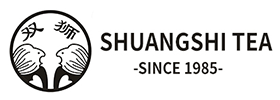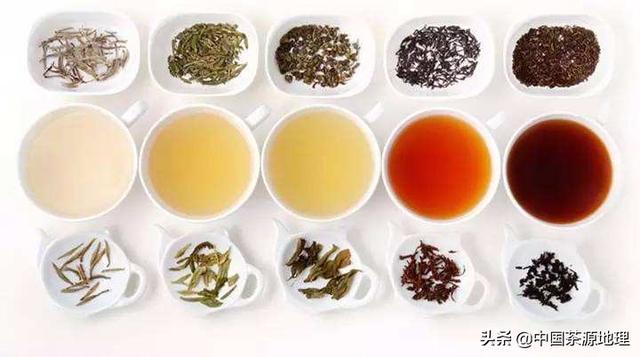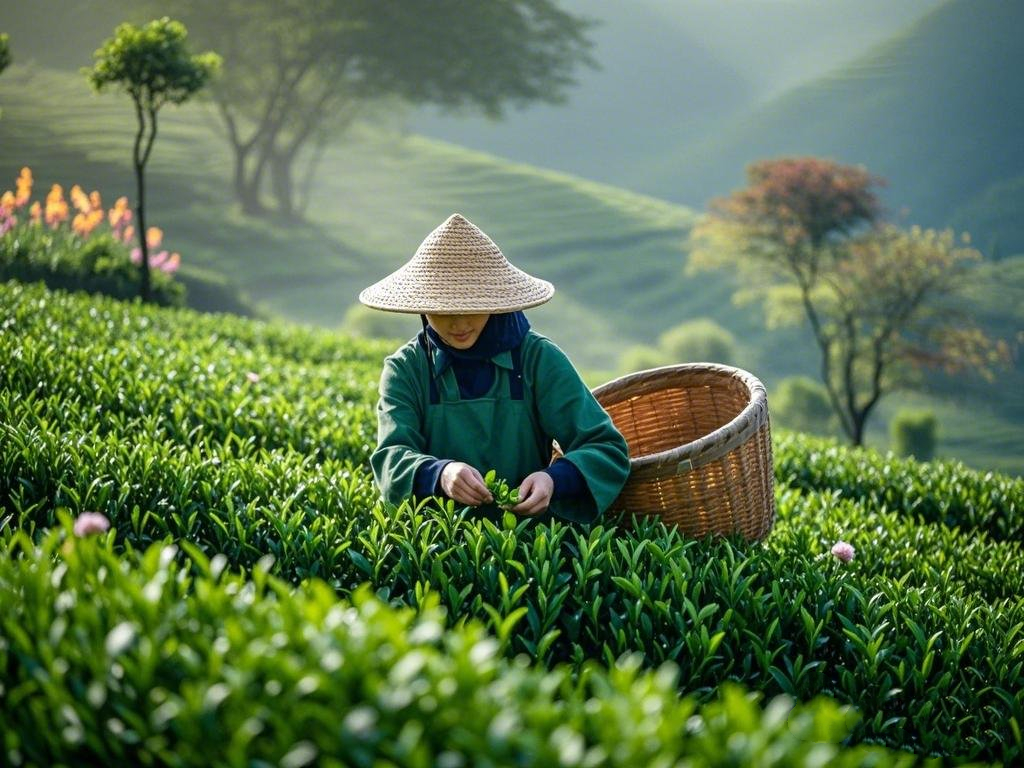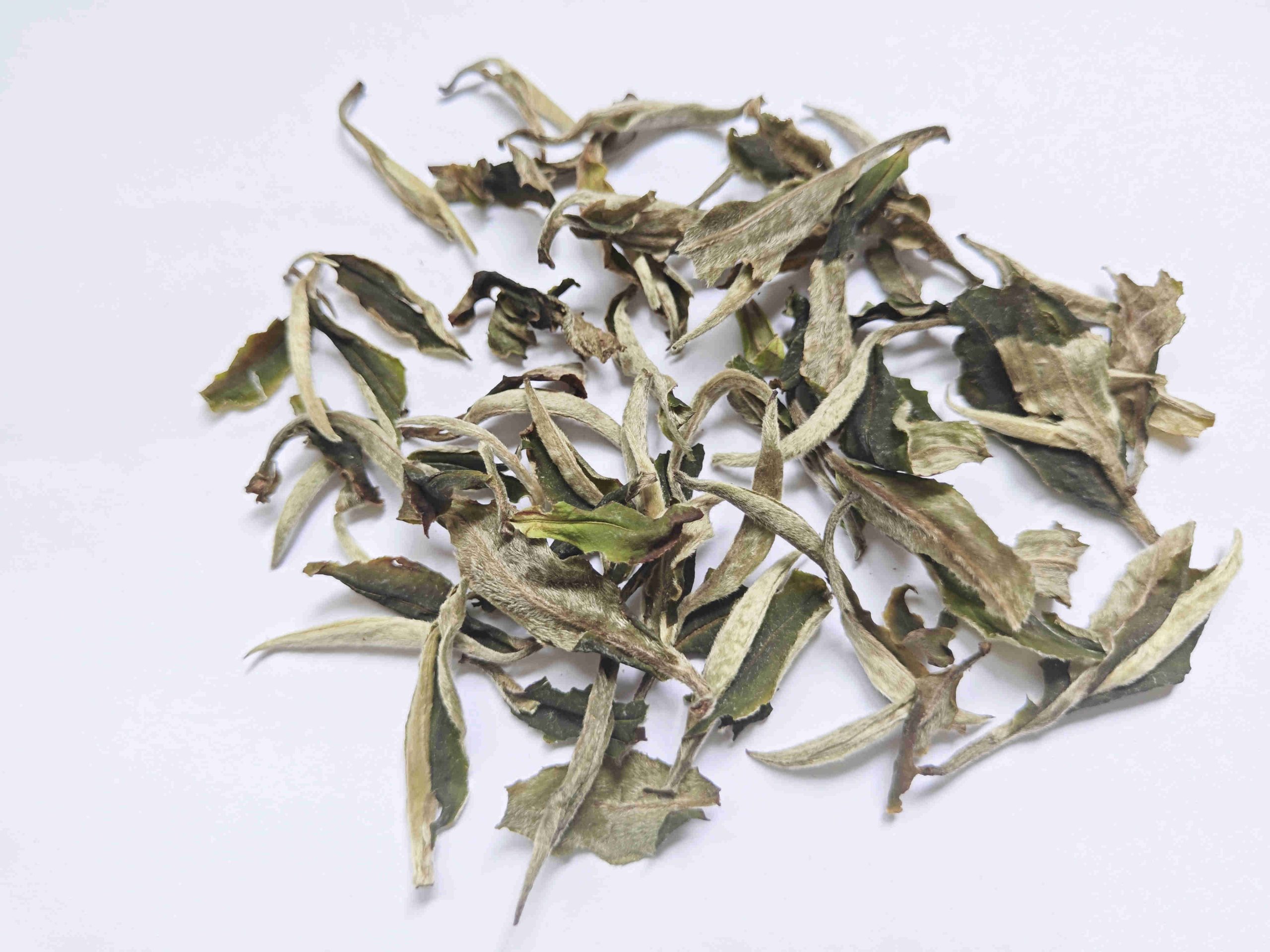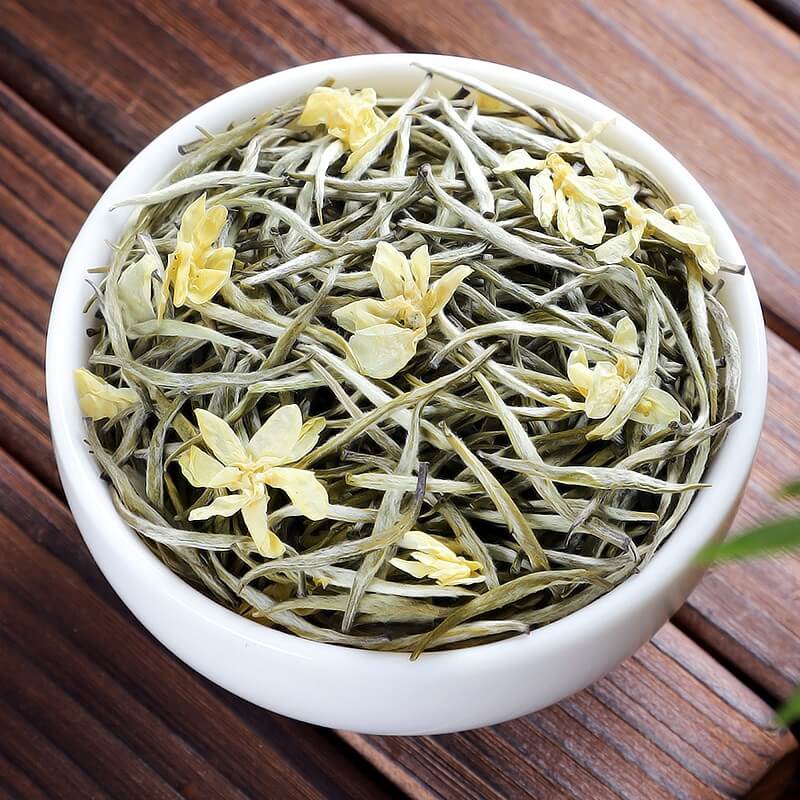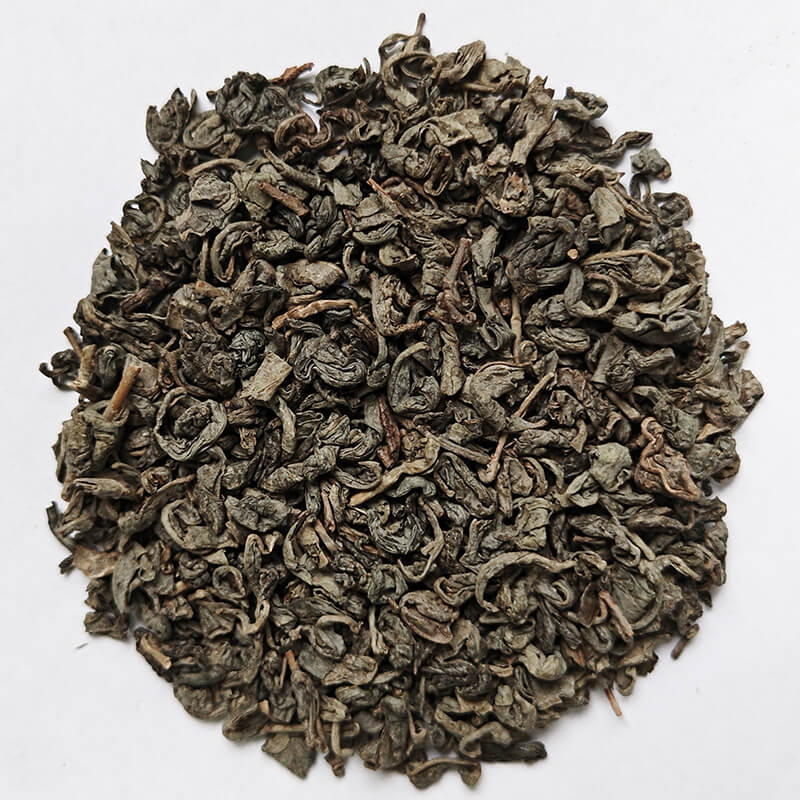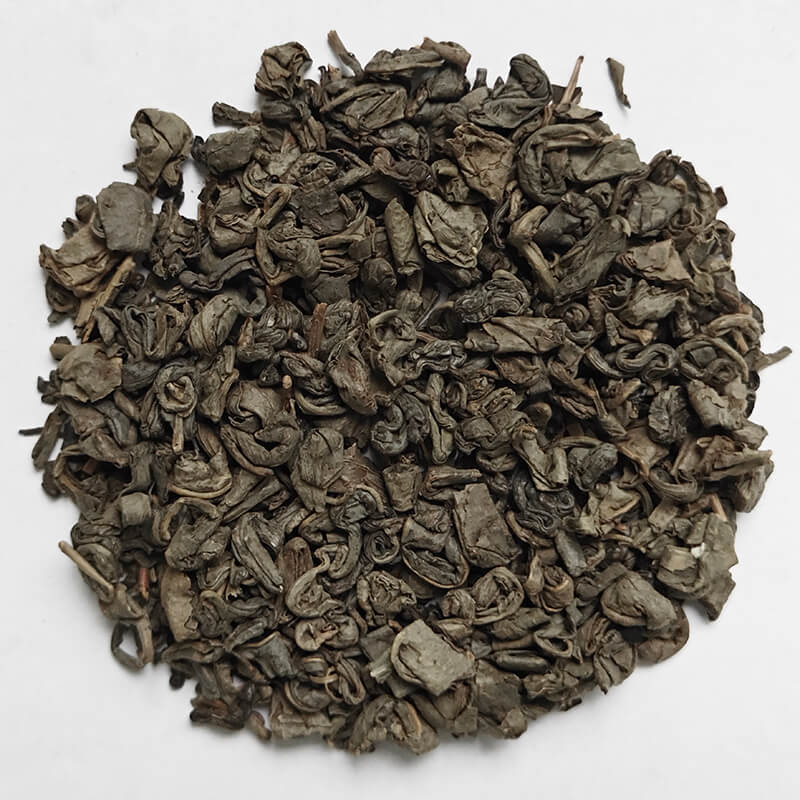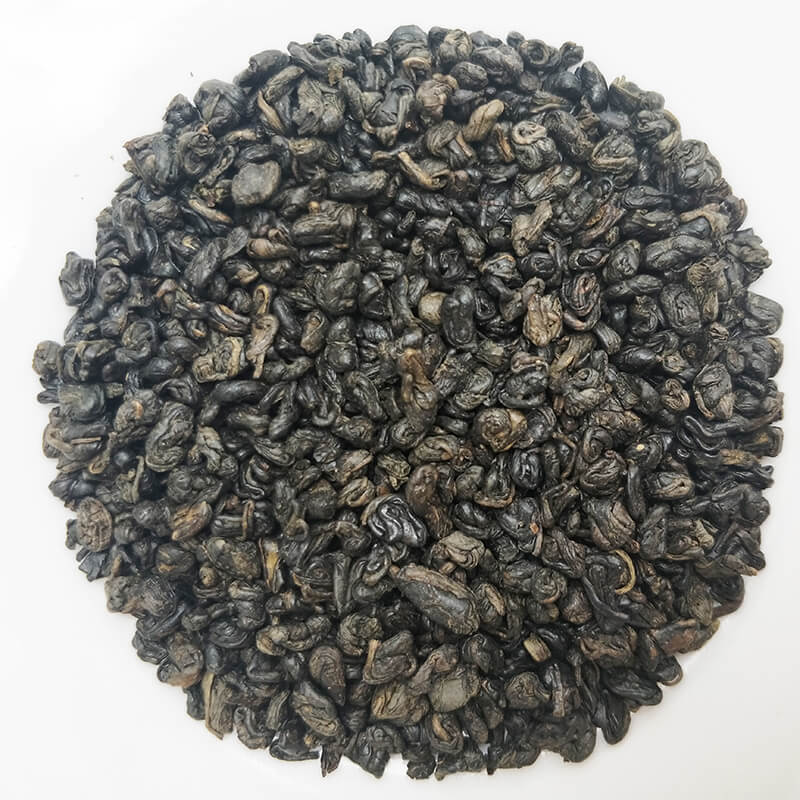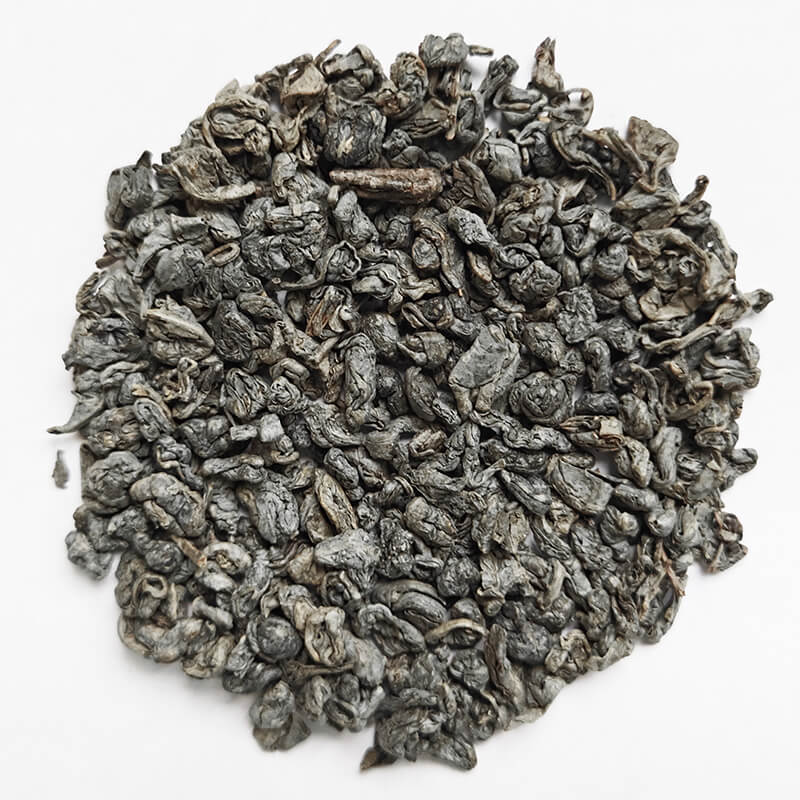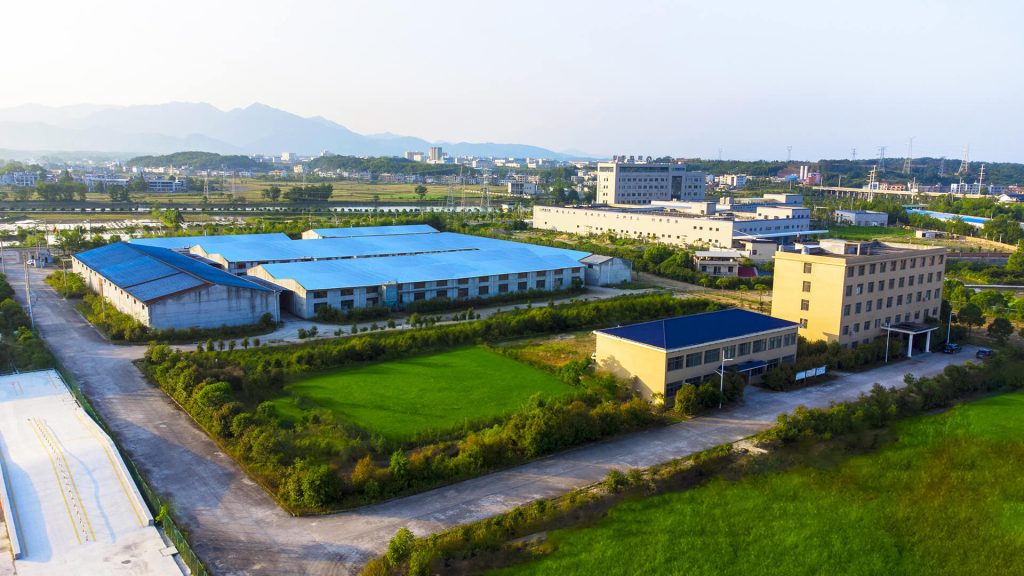China, as the hometown of tea, has a profound tea culture.
With the development of the times, tea majors have gradually emerged in Chinese universities and become the focus of many students. So, what are the applications of tea majors in Chinese universities? Next, let us take a deeper look.
Each June, millions of Chinese students eagerly await the arrival of a crucial three-day period: June 7th, 8th, and 9th. These days mark the National College Entrance Examination, commonly known as the Gaokao, a pivotal moment in their academic journey that often determines their path to higher education. While the Gaokao is predominantly associated with general subjects, the field of tea studies, though less mainstream, holds a profound cultural significance and vast potential for growth.
In China, tea is not just a beverage; it is a culture, a way of life. Consequently, numerous universities have established tea majors, nurturing generations of tea experts who contribute significantly to the country’s tea industry.
Among these institutions, Nanjing Agricultural University stands out as a beacon in the field of tea studies. Ranked among the top universities for tea majors in China, Nanjing Agricultural University boasts a rich history, formidable faculty, and an abundance of research achievements. The university offers a comprehensive tea education system, ranging from undergraduate to postgraduate programs, and has produced numerous tea professionals who have propelled China’s tea industry forward.
Other notable universities with renowned tea majors include Zhejiang University and China Agricultural University. These institutions excel in faculty strength, research capabilities, and practical teaching, providing robust support for innovation and development in China’s tea industry.
So, what contributions have these universities’ tea majors made to China’s tea development?
Firstly, these universities have fostered a vast pool of tea professionals with specialized knowledge and skills. These experts possess expertise in tea cultivation, processing, and appreciation, as well as a profound understanding of tea culture and international perspectives. They serve as a continuous source of momentum for China’s tea industry.
Secondly, these universities have achieved remarkable research outcomes in tea studies. By delving into issues such as tea growth patterns, processing techniques, and quality improvement, they have not only increased tea production and quality but also driven technological innovation and industrial transformation.
Moreover, these universities actively engage in social services, providing technical and intellectual support for the development of local tea industries. Through collaborations with local governments and enterprises, they translate research findings into productive forces, fostering the growth and upgrading of local tea industries.
Lastly, these universities’ tea majors have actively participated in international exchanges and cooperation, contributing to the internationalization of China’s tea industry. By collaborating with renowned international universities and research institutions, they have introduced advanced tea education concepts and technologies, promoting international exchanges and cooperation in China’s tea industry, thus enhancing its competitiveness in the global market.
The China’s College Entrance Examinationserves as a bridge for students to pursue higher education, but universities with tea majors play a crucial role in supporting and driving the development of China’s tea industry. Through cultivating tea professionals, conducting innovative research, providing social services, and engaging in international cooperation, these universities have made remarkable contributions to the growth and prosperity of China’s tea industry.
